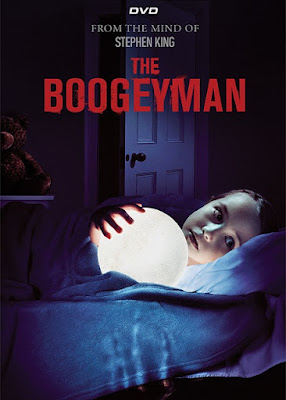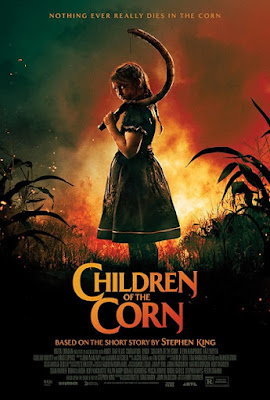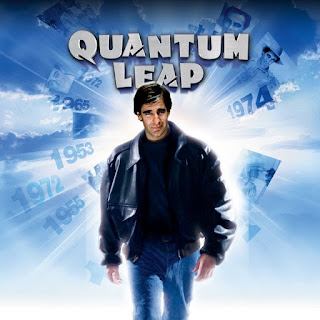Roger Ebert famously gave The Texas Chainsaw Massacre only two out of four stars. Yet, he conceded the quality of the performances and productions values might surprise viewers, “not, however, that you’d necessarily enjoy seeing it.” Ebert was hardly alone. At the time, Tobe Hooper’s career-making film was decidedly divisive amongst critics. Unfortunately, viewers really do not get a sense of that diversity of opinion in Alexandre O. Philippe’s Chainsaw Reactions, which has a special nationwide “Texas Chainsaw Day” screening this Monday, along with the 1974 film it documents.
Fifty years and change later, everyone involved with Philippe’s doc takes it as a given that Hooper’s film is a classic. Again, he uses an approach like that of Lynch/Oz, essentially presenting extended critical analysis from five experts/critics/fans, while showing evocative clips from the film. Fortunately, these five waxers-poetic repeat themselves far less than the cast of Lynch/Oz did. However, the lineup of Patton Oswalt, Takashi Miike, Australian film critic Alexandra Heller-Nicholas, Stephen King, and Karyn Kusama will not appeal to all fans equally, to put it diplomatically.
Still, listening to Miike and King discuss anything horror related will be an opportunity few fans would want to pass up. Miike’s perspective is particularly notable, explaining Texas Chainsaw’s reception in Japan and tracing its influence on some of his more extreme films, like Ichi the Killer. King also has some worthy contributions, but he never mentions Hooper’s Salem’s Lot, which remains one of the best King adaptations of all time.
Annoyingly, many of the fab-ish five still reflect the same general perspective, especially when trying to score polemical points with respects to the alleged rising level of violence permeating American society. However, the film would have benefited from the more nuanced analysis of Joseph Lanza writing in The Texas Chainsaw Massacre: The Film that Terrified a Rattled Nation, which situates the film within the context of late-1960s and early-1970s violence, definitely including the New Left-adjacent Manson Family Murders, which go unmentioned in Reactions.
















